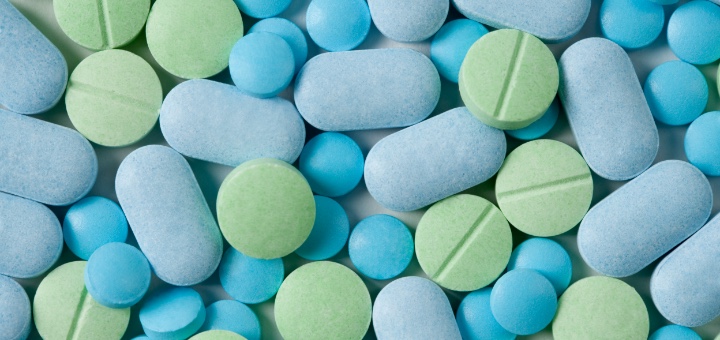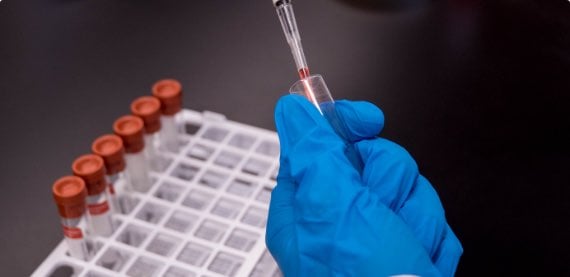What Is an Orphan Drug?
An orphan drug is a drug that is produced for a rare disease or condition that affects fewer than 200,000 people throughout the USA. A drug can also receive the orphan drug designation if the drug's development costs exceed any potential profits the company could make.
What Is the Orphan Drug Act?
The Orphan Drug Act was passed in 1983. It was initially called the National Organization for Rare Disorders (NORD) and resulted from a coalition of rare disease advocacy groups working together with Senator Orrin Hatch and Representative Henry A. Waxman. It provides incentives for drug manufacturers to develop and produce treatments for rare diseases. Orphan drug companies are rewarded for creating drugs for rare conditions or those with no commercial viability.
“The FDA Office of Orphan Products Development (OOPD) mission is to advance the evaluation and development of products (drugs, biologics, devices, or medical foods) that demonstrate promise for the diagnosis and/or treatment of rare diseases or conditions.”
- Office of Orphan Products Development, FDA
Orphan Drug Designation Benefits for Manufacturers
If a disease meets the established threshold for orphan drug designation, significant financial incentives are available. These regulatory incentives lower the economic burden of drug development and also help get therapies to patients sooner. The main benefits of earning orphan drug status include:
Orphan Drug Exclusivity
The FDA does not award market authorization for generic drugs for the rare diseases, so orphan drugs are eligible for market exclusivity for seven years after approval, even if they do not have a patent.
Tax Credits
The Orphan Drug Tax Credit (ODTC) was created so orphan drug companies can benefit from tax credits for US clinical trial costs of up to 50 percent for research and development expenses incurred while orphan drugs were being evaluated for their therapeutic potential.
Clinical Research Subsidies
The Orphan Product Grant program lowers the cost of orphan drug development and provides resources for clinical testing of new therapies to diagnose and treat rare diseases.
Additional Regulatory Incentives
The orphan drug designation includes an exemption from standard requirements for pediatric testing. Orphan drugs are also exempt from the customary new drug application fees charged by the FDA, which further eases the orphan drug companies' financial burden of bringing a drug to market.

Orphan Drug Designation Benefits at a Glance
The FDA orphan drug designation qualifies the sponsor for various incentives, including:
- Market Exclusivity
- Tax Credits
- Research Subsidies
- Waiver of Fees
- FDA Regulatory Assistance and Guidance
Orphan Drugs and COVID-19
Multiple drugs being tested for COVID-19 prevention and treatment are orphan drugs. Orphan drug companies have discovered new potential uses for their products that may help ease the catastrophic toll COVID-19 is taking on infected people. This has allowed a quicker response to the virus and provides medications to patients faster than traditional approval channels. In addition, generic drug manufacturers are seeking FDA orphan drug designation to repackage common drugs for new uses. The Orphan Drug Act was never intended to apply to a pandemic; however, it can offer financial benefits to the orphan drug companies while supporting COVID-19 health management.
A loophole in the Orphan Drug Act allows mainstream medications to be granted orphan drug status when it's discovered that they may be effective against new illnesses. Because orphan drugs are not produced on a vast scale, their scarcity can lead to allocation and pricing disparities. While repurposing drugs can be very advantageous, there needs to be safeguards to protect from price gouging and preventing access to life-saving treatments.
Abuse of the FDA Orphan Drug Designation Incentives
While the orphan drug designation was created to benefit people suffering from rare diseases and disorders, there are multiple cases of misuse of the designation for financial gain that go against the intent of the Orphan Drug Act. Some orphan drug companies seek orphan drug status for generic drugs that are currently approved and on the market for other common diseases as a way to gain an advantage in the marketplace. Companies can solicit an FDA orphan drug designation to avoid competition and boost profits. Because some generic drug manufacturers have attempted to exploit the system, the orphan drug designation is currently under increased scrutiny.

Benefits of Choosing UPM as Your Orphan Drug Product Development Company
UPM is a trusted US-based CDMO with award-winning expertise in producing products with an FDA orphan drug designation. We offer a comprehensive array of commercial pharmaceutical manufacturing services including pharmaceutical drug formulation and analytical method development, quality assurance and compliance and technology transfer and scale-up support, and more.
- Experience - more than 20 years working with orphan drug companies.
- Manufacturing Capabilities - the ability to accommodate the unique needs of orphan drug companies.
- Warehouse - 475,000 square feet of temperature-controlled storage for the stability of your product.
- DEA-Approved Vault Space - for controlled substance manufacturing and storage.
CONTACT US
From ideation to bringing your product to market, we specialize in customized solutions for orphan drug development. To learn more about how we can help with your orphan drug manufacturing needs, contact us online or speak with a partner at (423) 989-8000.
CONTACT US
